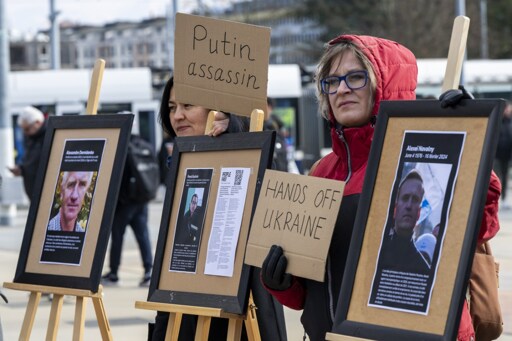[…]
Transnational repression […] takes various forms, including threats, intimidation, surveillance, and pressure on families who have remained in the country of origin. But its aim is always to silence critics within the diaspora abroad.
[…]
“Transnational repression, particularly against human rights defenders, is a growing trend,” confirms Phil Lynch, director of the Geneva-based NGO International Service for Human Rights (ISHR). According to him, it is a “risk that activists must take into account” when travelling to Switzerland.
[…]
[The Swiss city of] Geneva is particularly fertile ground for such repression. The presence of the UN Human Rights office and the fact that almost all UN member states have diplomatic representation in the city creates an environment conducive to espionage and discreet pressure.
“It is very hard to estimate the exact extent of this repression in Switzerland, but we can assume that it is significant,” says University of Basel professor Ralph Weber. He is the author of a government-commissioned report on repression suffered by the Tibetan and Uyghur communities in Switzerland, which was published earlier this year. According to him, the main difficulty is that victims are often reluctant to report their cases for fear their families will suffer the consequences.
[…]
In April, the international investigation “China Targets” revealed how China monitors and intimidatesExternal link its dissidents in Geneva, notably by photographing them during demonstrations or when they visit the Palais des Nations, the European headquarters of the UN.
[…]
Since 2014, the American NGO Freedom House has recorded more than 1,200 cases of transnational repression in around 100 countries. Only so-called “physical” incidents are counted, involving 48 states that have resorted to kidnappings, arbitrary detentions, assaults and illegal expulsions. Nineteen countries have also used spyware to track down their opponents. Switzerland is not included in the study.
[…]


